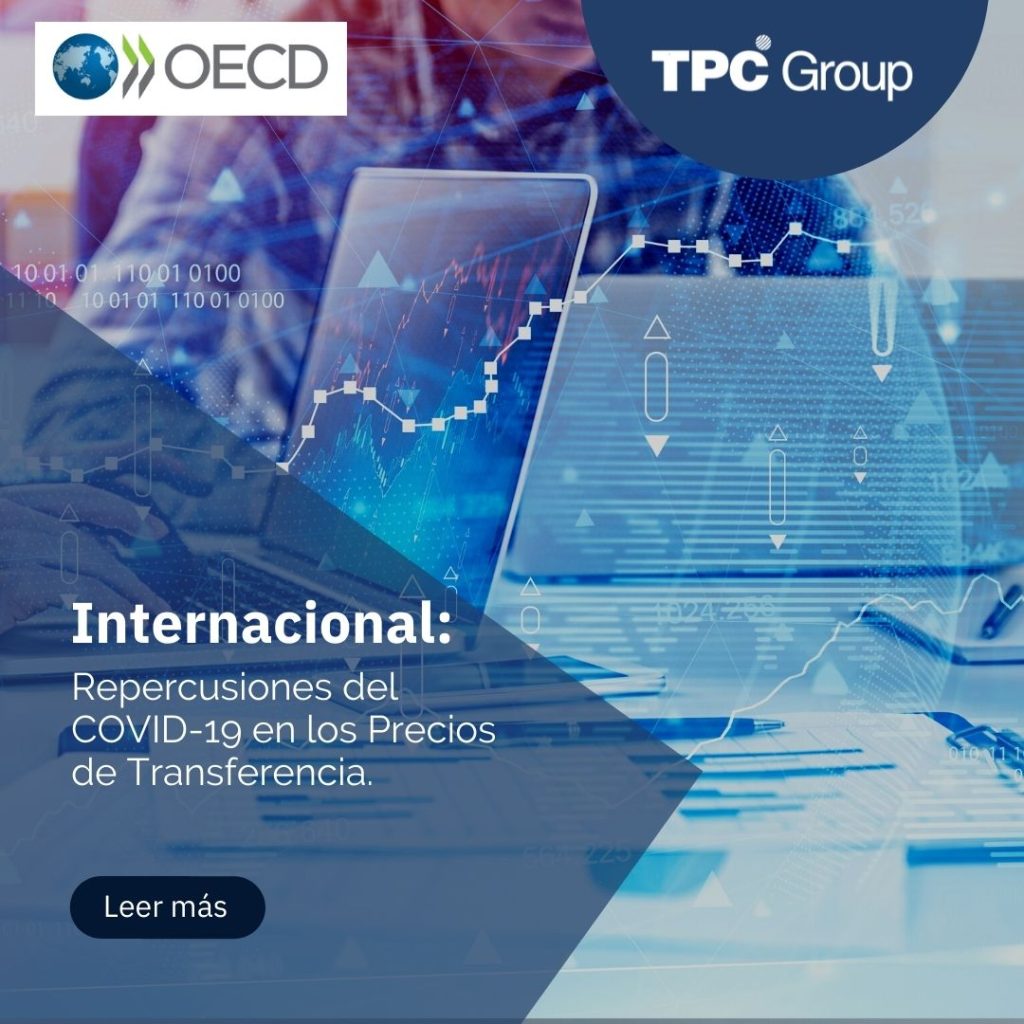The COVID-19 pandemic restructured and drove the digitization of global supply chains. Likewise, it changed the work model that allowed staffing to work anywhere. In this regard, transactions between related companies of the same group have been affected, creating transfer pricing risks.
Transfer pricing risks
These risks are due to changes in intercompany agreements from pre-pandemic times. The OECD points out that senior group personnel is responsible for decision making and risk control in key functions in value-creating companies.
Therefore, if senior personnel who control key risks are dispersed around the world by the COVID-19 pandemic, part of the associated profits should be recognized in the countries where this key personnel is located.
Questions arise here: Is the profit-sharing method the best to recognize value creation? Might there be an increase in profit claims from multiple jurisdictions on this basis?
On the other hand, the increased provision of digital services by companies to their customers was one of the most important consequences of the pandemic. In this case, when companies providing these services use a staffing model that works from any location, a potential risk arises.
This is when intellectual property arises in a decentralized manner. Under such a situation, a DEMPE analysis will be required to determine how much of the profit is attributable to each company in the group with personnel involved in the development of the intellectual property, based on their contribution.
Dealing risks
To control transfer pricing risks, companies should assess their value chains to determine the locations for their activities, make key decisions, and adjust transfer pricing and compensation policies. In addition, for digitization, technology implementation, and intellectual property development, the locations to perform value creation functions should be evaluated to determine the appropriate compensation.
Furthermore, multinational companies must develop a solid transfer pricing policy and consider voluntary compliance as a timely response to avoid increased audits and provide tax certainty.
Source: Bloomberg Tax 09/05/22




